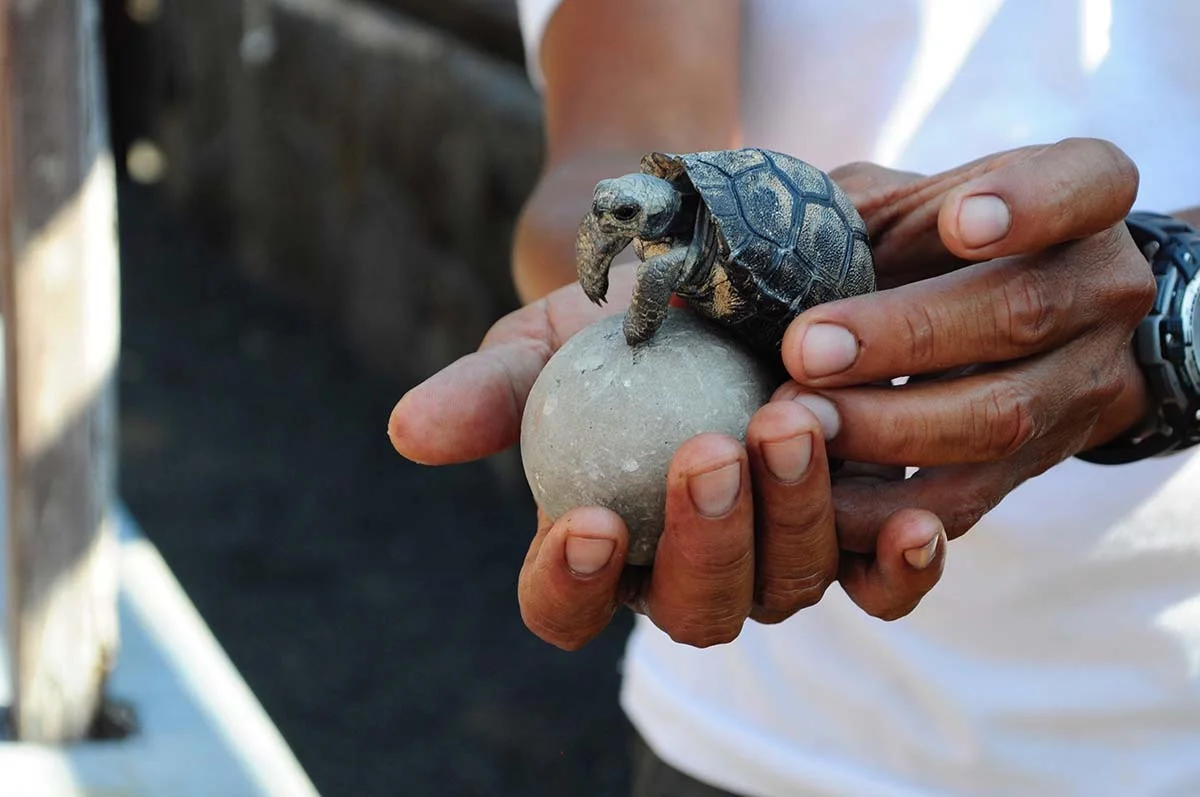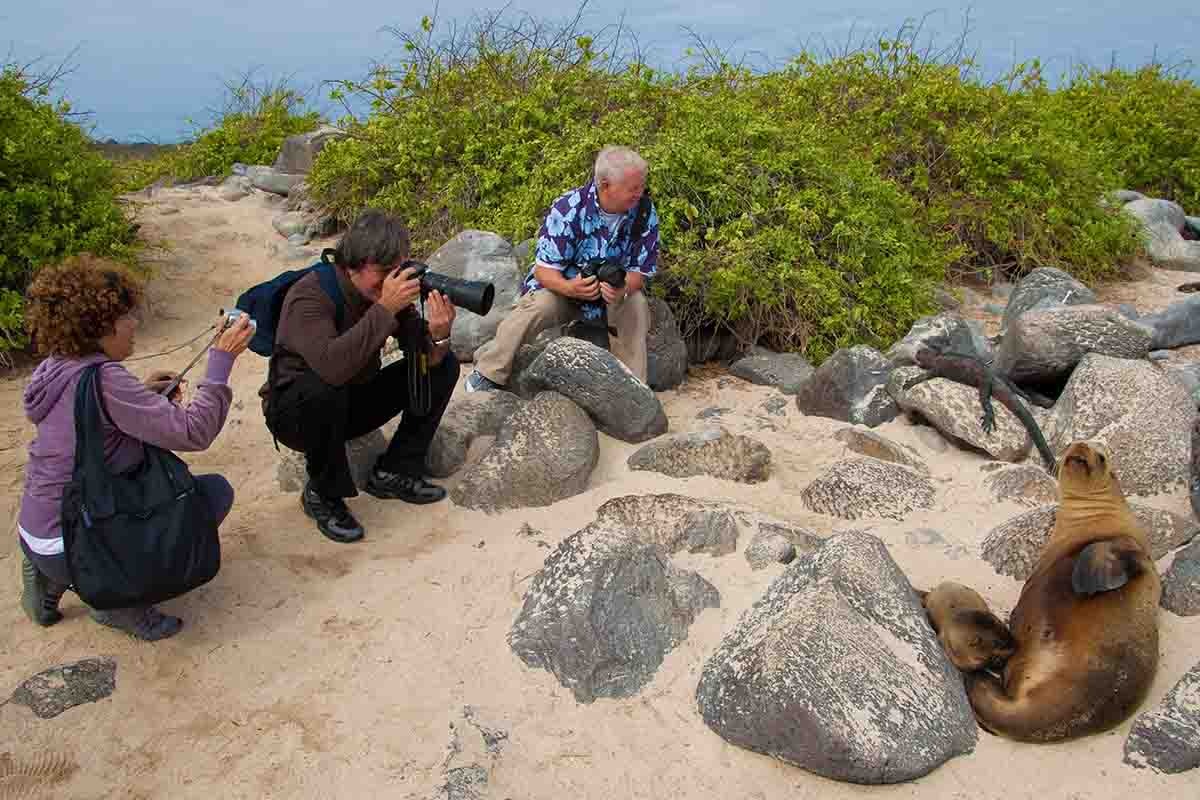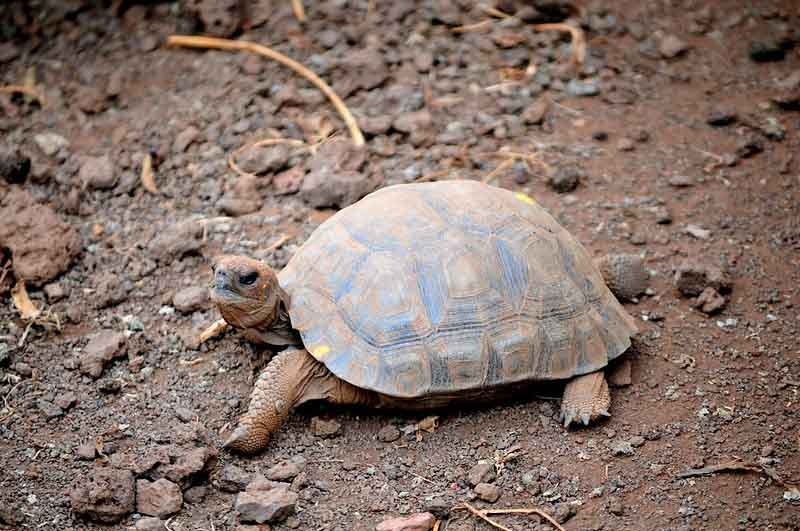
Galapagos Islands Barcode Project | Travel Blog
The Galapagos Science center together with Chapel Hill and USFQ in Ecuador are implementing an ambitious research project in order to document species with the help of tourists.
Eco-tourism and ecosystem stability are dependent on the diversity of life within an area. We have little knowledge about the majority of species that make up such biodiversity. This makes it difficult to understand speciation and implement conservation efforts in special ecosystems like the Galapagos Islands. This problem can only be solved by cutting-edge genetic methods.
First, it's difficult to identify a species using traditional methods even for conspicuous animals like birds. Molecular genetics has led to the discovery of hundreds of new species, with hundreds more still to be discovered. Second, molecular genetics allows us to identify connectivity between populations, identify sub-species or races, and discover the genetic signature of individuals in a particular area. These allow us to study speciation, the population connectedness, and threats to population viability. They also allow us to identify individuals that have been used in captive breeding programs and those that have been illegally trafficked or captured. Molecular techniques, which are the fastest method of identifying plankton (the engine of our oceans), and the only way to estimate the number of species at the base, e.g. Microbes

Stochastic events can also undermine the economic incentives for eco-tourism. This is evident in the current Covid-19 pandemic. There will undoubtedly be many possible solutions to the current eco-tourism crisis. In its initial stages, we propose a model that employs about 50 key eco-tourism workers (e.g. Naturalist guides, fishermen, and farmers) will be conducting a crucial capacity-building research initiative to determine the impact of the pandemic on biodiversity.
The Galapagos Science Center and San Francisco de Quito University are proposing to launch a citizen science-driven research project called "Barcode Galapagos". We will, in particular:
(i) Non-invasive 21st century genetic code techniques are used to catalog the biodiversity of the main Galapagos Islands, and the surrounding marine reserve.
(iii) Train locals on key lab, curatorial, and field techniques and then employ them to complete the project. This can open up new opportunities for future job opportunities.
(iii). Quantify the impact of our approach on individual- and societal well-being.
UK Research and Innovation (UKRI), through the Global Challenges Research Fund and the Newton Fund, funds the project. This project will provide the scientific knowledge needed to understand and conserve key places in Galapagos and help alleviate the economic pressures experienced by people who have lost jobs because of the current health crisis on our planet. The project was designed with gender perspectives in mind to help reduce the gap in the Archipelago and in the team.
To learn more about the Galapagos Science Center and to support the project you can visit: https://
The Galapagos science center has also implemented an economic project know as REACCT. (H2)
Galapagos Economic Reactivation, Through Science, Community and Work" is an initiative by San Francisco University of Ecuador and the University of North Carolina at Chapel Hill, via the Galapagos Science Center. It aims to support local initiatives and projects that promote economic reactivation and provide an income source alternative to mitigate the effects of the COVID-19 crisis.
San Cristobal Island was the first to open a call for applications. It sought proposals in four areas: Citizen science and food security; conservation of native and endangered plants; and marine best practices.
Check Our Galapagos Cruises:

